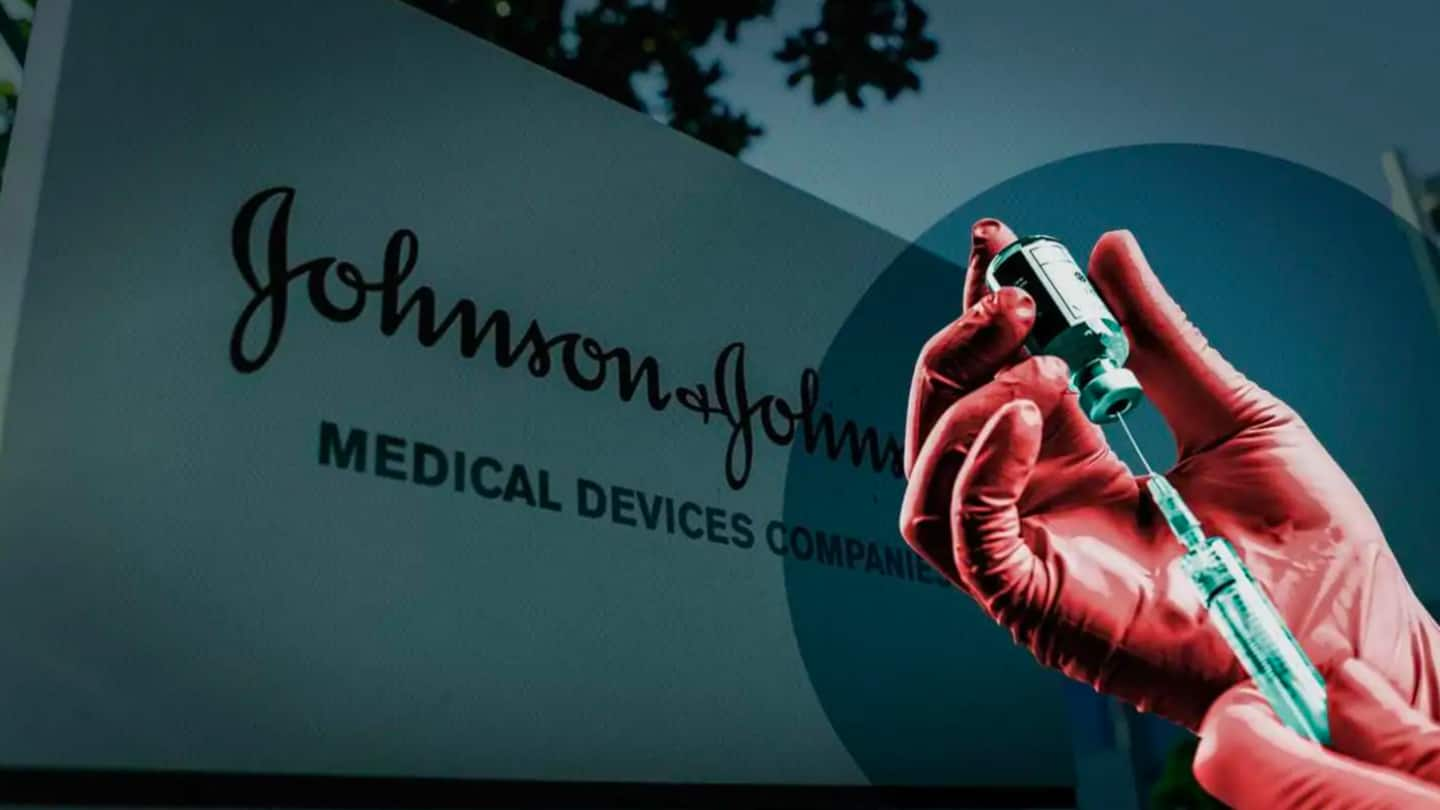
United States recommends 'pause' on J&J vaccine after clotting concerns
What's the story
The United States government recommended a "pause" in the administration of the single-dose Johnson & Johnson (J&J) vaccine amid concerns of a "rare and severe type of blood clot."
Out of the 68 million doses administered across the US, six women developed a rare blood-clotting disorder.
The US government is now investigating the blood clot reports.
Here are more details.
Statement
CDC, FDA halt vaccine use 'out of abundance of caution'
The US Centers for Disease Control and Prevention (CDC) and the Food and Drug Administration (FDA) said in a joint statement on Tuesday that they were investigating the six clotting cases.
The FDA asked states to temporarily halt using Johnson & Johnson's COVID-19 vaccine "out of an abundance of caution."
"Right now, these adverse events appear to be extremely rare," the FDA said.
Information
CDC panel to hold meeting on Wednesday
The CDC's Advisory Committee on Immunization Practices will hold a meeting on Wednesday to discuss the cases and the FDA has also launched an investigation. After the development was announced, shares of J&J went down 2.4% in premarket trading Tuesday.
Quote
'COVID-19 vaccine safety a top priority'
"COVID-19 vaccine safety is a top priority for the federal government, and we take all reports of health problems following COVID-19 vaccination very seriously," the statement said.
People who receive the vaccine and "develop a severe headache, abdominal pain, leg pain, or shortness of breath within three weeks after vaccination should contact their health care provider," it added.
Cases
Blood clot cases involved women of ages 18-48
The six cases where a rare and severe blood clotting disorder was observed occurred in women aged 18 to 48.
The symptoms developed six to 13 days after they received the shot.
J&J said in a statement that "no clear causal relationship" has been identified between the blood clots and the vaccine. The drugmaker is working closely with regulators to assess the data.
Approval
US approved J&J's vaccine in February
After the US granted emergency use authorization (EUA) to Pfizer's and Moderna's vaccines, J&J's vaccine was granted approval in February.
At the time, no specific concerns were identified when the vaccine was analyzed by age, race, and comorbidities.
An EUA grants conditional clearance based on two months of safety data. For full approval, at least six months of data is required.